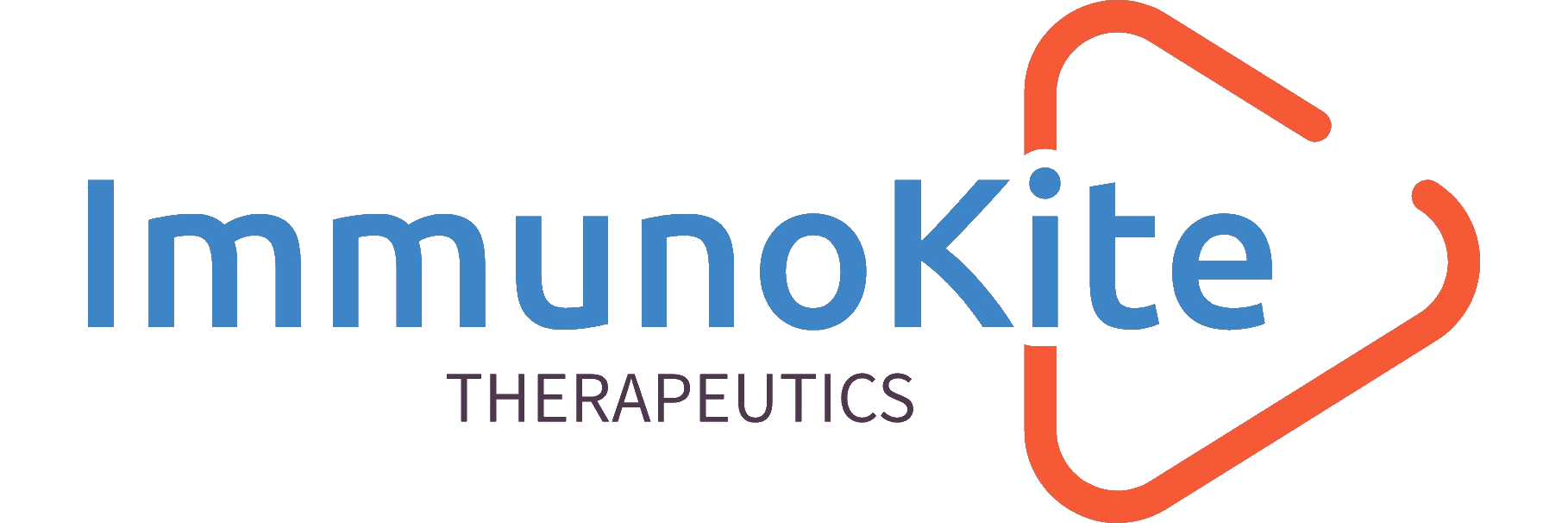Paradigm shift in cancer treatment
BACKGROUND
Chimeric antigen receptor (CAR)-modified T cell (CAR-T) therapy has led to a paradigm shift in cancer treatment. Since 2017, the U.S. Food and Drug Administration (FDA) has approved six CAR-T drugs for the treatment of certain blood cancers, including lymphoma, acute lymphoblastic leukemia, and multiple myeloma. However, there are several limitations associated with the traditional CAR-T cell therapy:
- Limited commercial potential due to its autologous nature among all marketed CAR-T drugs.
- Market access hurdles due to their high price tag ($373 – 475K per treatment).
- Safety concerns caused by cytokine release syndrome and neurotoxicity.
- Lack of efficacy in solid tumors.
- Approved indications limited to CD19-targeted B-cell lymphoma and acute lymphoblastic leukemia, and BCMA-targeted multiple myeloma.
- CAR-T cell fratricide by self-killing, leading to insufficient numbers of CAR-T cells for infusion in T-cell malignancies.
- CRISPR/cas9-mediated genome editing is needed for allogeneic CAR-T and unconfirmed safety associated with editing.

